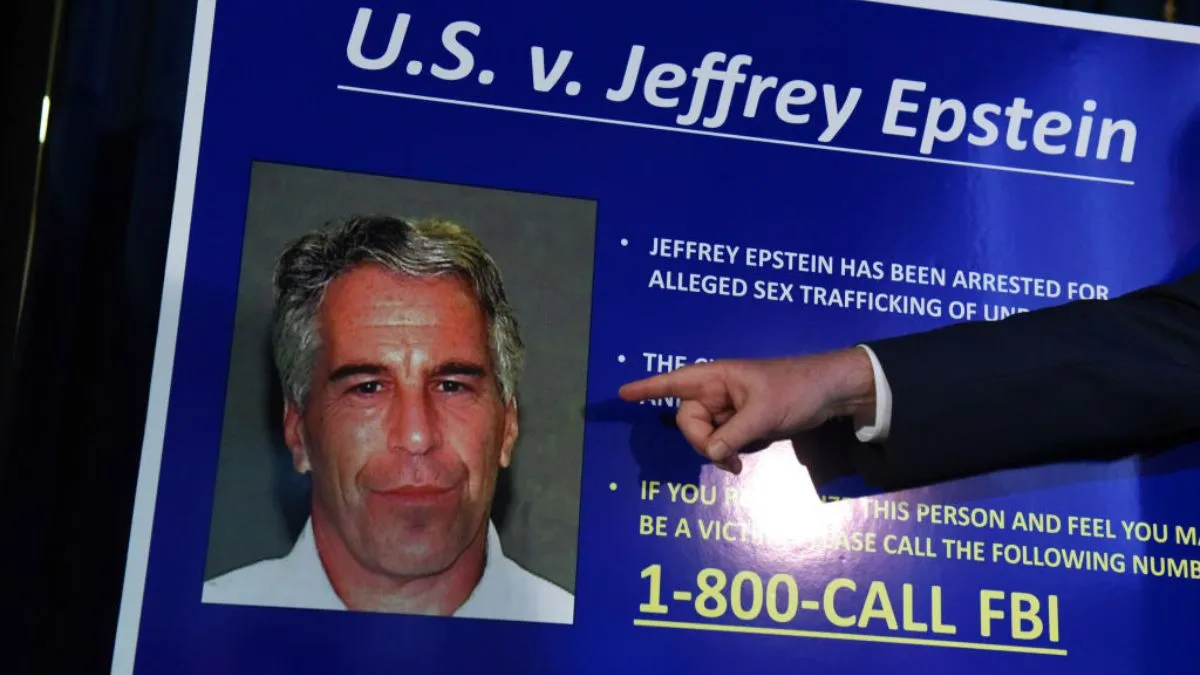The House Committee on Oversight and Government Reform has issued subpoenas to several well-known political figures in its investigation of the Jeffrey Epstein case. Those on the list include former President Bill Clinton, former Secretary of State Hillary Clinton, and several former attorneys general and FBI directors. The goal is to question them about Epstein’s ties to powerful people and how the federal government handled his case.
One name is surprisingly missing from the list: Alex Acosta. He was the federal prosecutor who gave Epstein the controversial plea deal in Florida almost two decades ago. Victims and their lawyers are frustrated by his absence. They say Acosta is central to understanding how Epstein escaped more serious charges.
Attorney Jack Scarola, who represents several victims, called it a serious oversight. He questioned how any real investigation could leave out the man who granted Epstein and his alleged co-conspirators immunity. Attorney Brittany Henderson, who has worked on the case for more than ten years, agreed. She said anyone familiar with the history knows Acosta should be subpoenaed.
Gloria Allred, who has represented multiple victims, is also speaking out. She’s calling for subpoenas for Acosta, along with former Trump officials Pam Bondi and Todd Blanche.
The committee says the list came from a vote in July. Both Republicans and Democrats agreed on the names. Along with the Clintons, the subpoenas went to James Comey, Loretta Lynch, Eric Holder, Merrick Garland, Robert Mueller, William Barr, Jeff Sessions, and Alberto Gonzales.
Acosta’s deal with Epstein has been criticized for years. He was the U.S. attorney in Florida when he approved the non-prosecution agreement. This secret deal avoided federal charges and was made without notifying victims. A Justice Department report in 2020 said Acosta was the one who pushed for the state-level plea deal. The report also said his team went around the FBI, other prosecutors, and the victims themselves.
Acosta later became labor secretary under Donald Trump but resigned in 2019 when questions about his role in the Epstein case resurfaced. For many victims, his absence from the committee’s subpoena list feels like a major gap in the search for answers.


